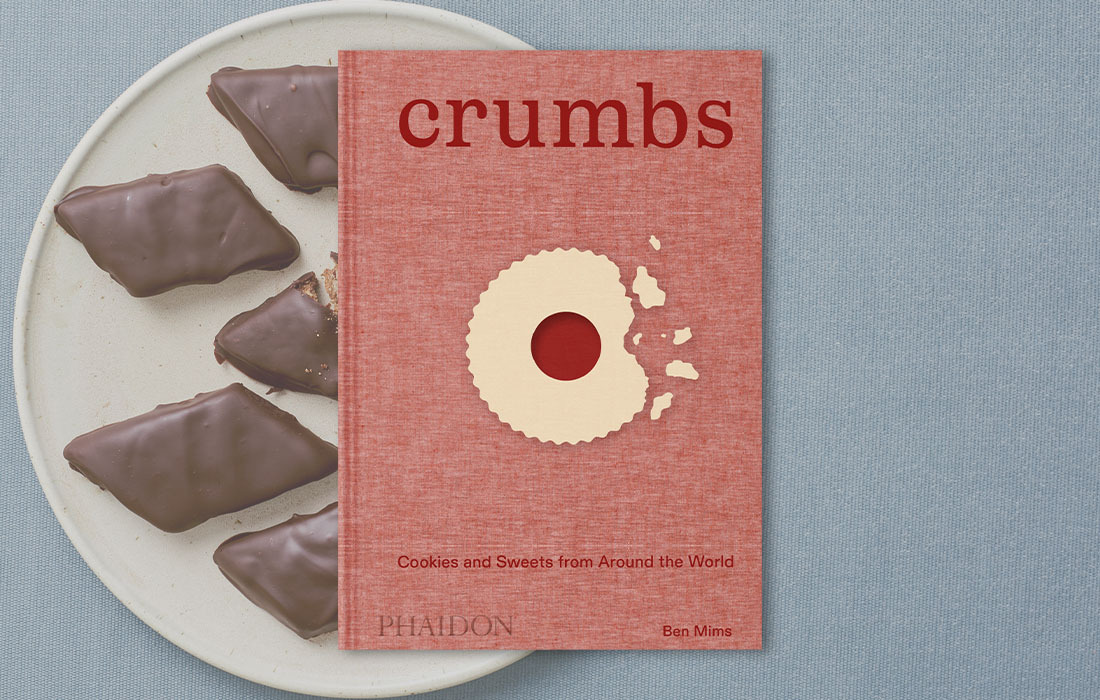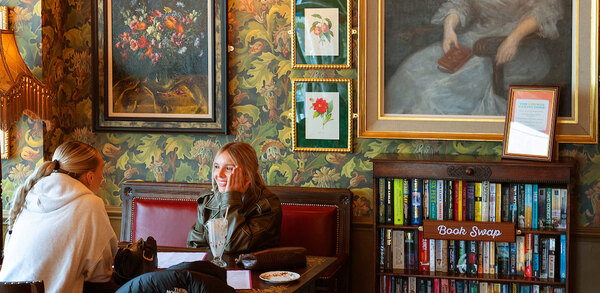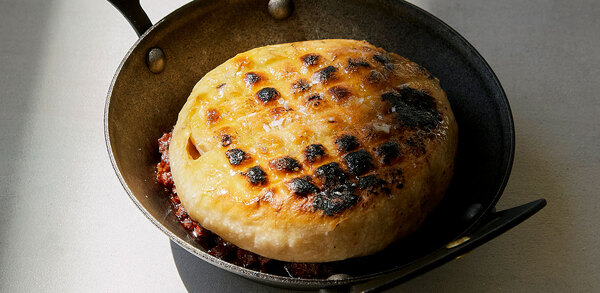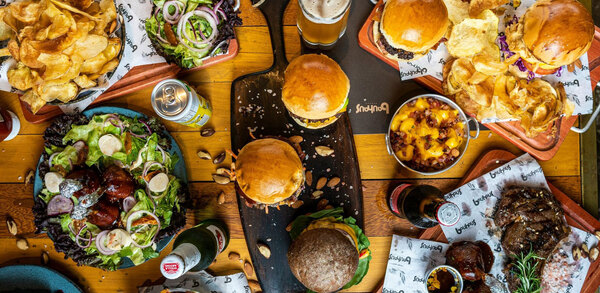Ben Mims’ Crumbs gives a comprehensive guide to cookies
This cookbook pays homage to biscuits of all varieties across the globe
When you mention biscuits to most people in the UK, they think of a Hobnob dunking in a mug of milky tea Peter Kay-style, or maybe a chocolate Club if they’re feeling daring, these baked beauties have a rich and widely travelled history beyond the McVities factory.
Ben Mims’ Crumbs, his comprehensive guide to cookies and sweets from around the world, looks at the geological spread of recipes. The birthplace of the sweet biscuit, a simple combination of flour, sugar and fat, was the ‘wedding cookie’, found in a 10th century Arabic cookbook and so-called because they were draped in pure, virginal white sugar. They were named ghorabieh or a variation thereof, the word changing as it was passed from mouth to mouth across Asia to Greece (kourabiedes), Turkey (kurabiye) and Austria (Vanillekipferl), before influencing biscuits created in Spain (polvorones de canela) and eventually turning up as Mexican wedding cookies in the US (recipes for most of these are in the book).
Mims doesn’t have a chef training, instead having interned at Jean-Georges Vongerichten restaurants Jean-George and Perry St in the US. He then worked at food magazine Saveur, eventually going on to create recipes, before working at the Food Network and then as food columnist at the Los Angeles Times.
His specialism in these roles was recipe research and it shows in the book, which is extremely through in its investigation into etymology and semantics and the variations in local ingredients used for each type of biscuit found in different cultures. Take the deep-fried wholewheat biscuits or Thekua in India, which are made from jaggery, fennel seeds, wholewheat flour, coconut and cardamom. The were traditionally made for a Hindu holiday to celebrate the sun god Surya, as they have a stamped design mimicking the sun’s rays. Or Egyptian stuffed Eid cookies, “which may be the oldest cookie on earth” and were found in tombs in Thebes as an offering. They were eaten to celebrate the end of Ramadan in Egypt, and are stamped with a maamoul mould, which used to hold religious symbolism but now catches the powdered sugar they are dusted with when they come out of the oven.
There’s cute, plump peach cookies, another recipe offered at weddings, this time in Croatia, Serbia and Romania, which are not made with peaches but are instead two biscuits sandwiched together with apricot jam mixed with rum and walnuts and painted on the outside to mimic a ripening peach. Or beer cookies from North Macedonia, flavoured with local brand Skopsko, which are ladled in sugar syrup and topped with walnuts. Or pine-nut covered macaroon cookies, a truffle-shaped biscuit made with almonds and mashed potato – a treat for Catalonians in the run-up to All Saints’ Day on 1 November. Or marzipan-stuffed figurine cookies, made in Sicily and believed to date back to pagan rituals where eggs were placed on the womb of woman-shaped sweet breads to promote fertility, and which are now decorated with icing, multi-coloured hundreds and thousands and halved chocolate eggs.
There are cookies from every country, from Nigerian coconut macaroon balls, or shuku-shuku, to Okinawan brown sugar shortbread, Filipino powdered milk shortbreads, pig’s ear cookies from Vietnam, rugelach and snickerdoodles from the US and hundreds and thousands biscuits from New Zealand. The UK is represented by shortbread, the Cornish Fairing, melting moments and Shrewsbury biscuits.
If you own a bakery this book offers quite literally a world of recipes to choose from, with endless inspiration and variations, and a way of paying tribute to any festival or holiday you can think of, all while continuing a historical line and keeping some of the most interesting recipes in the world alive.
Crumbs by Ben Mims (Phaidon, £34.95)
Read more: Chocolate and spice cookies from Crumbs by Ben Mims



















